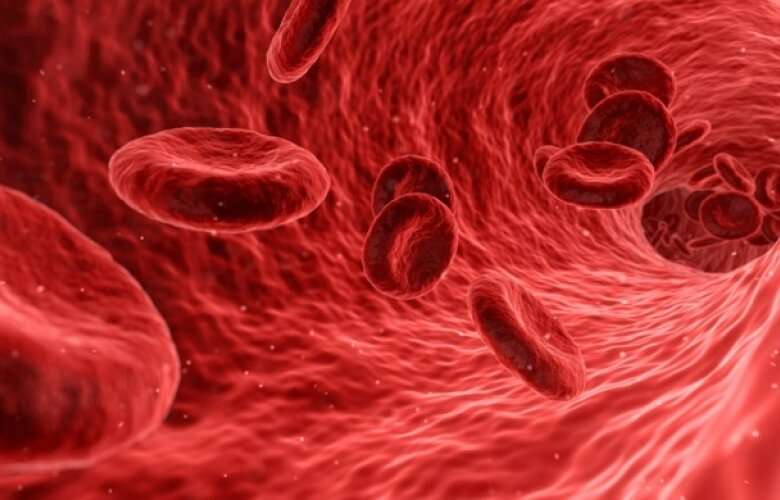Ongoing anticoagulant treatment does not seem to protect against severe COVID-19

DOAC (direct oral anticoagulant) pills are used in the treatment of atrial fibrillation by preventing blood clots. Even though blood clots are thought to contribute to complications from the new coronavirus infection, users of this class of drug do not seem to be protected against severe COVID-19, reports a large Swedish registry study from Karolinska Institutet published in the Journal of Internal Medicine.
Early during the ongoing pandemic, there were reports that many patients with severe COVID-19 had blood clots in their pulmonary arteries and other parts of the body.
"Our hypothesis was that blood clots per se could contribute to the severe functional deterioration of the lungs and other organs that is associated with COVID-19, so one would think that preventative treatment with anticoagulants would provide some protection," says Benjamin Flam, doctoral student at the Department of Physiology and Pharmacology, Karolinska Institutet, and specialist doctor in anaesthesiology and intensive care at Karolinska University Hospital.
Registry based study
To find out if this was the case, the team from KI conducted a registry based study of patients on anticoagulant medication for reasons other than COVID-19. The study included over 100,000 Swedes between the ages of 45 and 84 with atrial fibrillation being treated with DOACs. The control groups included over 350,000 individuals with cardiovascular disease who were not on such medication.
The researchers then examined the rates of hospitalisation, intensive care and fatality due to COVID-19 between 1 February and 31 May 2020, adjusting for such factors as age, sex, place of residence and other diseases and medication.
No difference between the groups
The results of the observational study show that DOAC use did not reduce the rate of hospitalisation, intensive care or fatality due to COVID-19.
"Our findings suggest that early DOAC treatment doesn't protect against severe COVID-19, but these should be treated with caution since there might remain differences between the groups that are difficult to measure," says Benjamin Flam. "Also, our study says nothing about whether other types of anticoagulants could be effective, but a good many clinical studies are being done around the world."
More information: Benjamin Flam et al. Direct oral anticoagulant use and risk of severe COVID‐19, Journal of Internal Medicine (2020). DOI: 10.1111/joim.13205




















